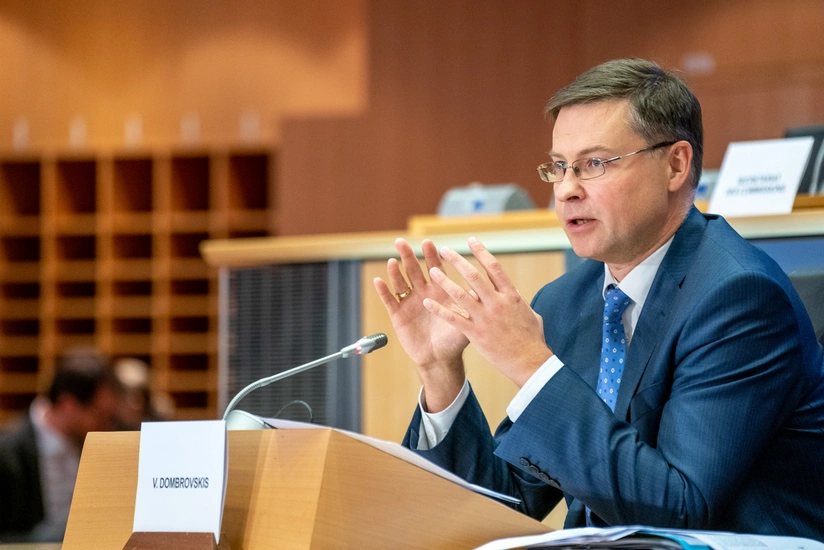Brussels seeks new controls to limit China acquiring high-tech
- 14 March, 2023
- 07:27

The EU is exploring ways to police how European companies invest in production facilities overseas, following similar US moves to limit the ability of China and other rivals to acquire cutting-edge technologies from the west, Report informs via the Financial Times.
Valdis Dombrovskis, the bloc’s trade commissioner, told the Financial Times that new restrictions were needed to prevent companies circumvent export bans on sensitive technology by manufacturing it elsewhere.
The EU has prohibited its companies from selling products that could help Russia’s armed forces in their war in Ukraine, but re-exporting loopholes remain.
The new measures would come against the backdrop of Washington having long pressed its allies to follow its export bans on sensitive technology to China. After months of direct negotiations with the Biden administration, the Netherlands said last week it would bar the most advanced silicon chip making machines from reaching China.
The White House is working on an act that would establish an outbound FDI screening agency with a narrow scope to prevent offshoring production, after the US Congress has so far failed to agree on a text with a broader scope.
“Outbound investment controls are the other side of the coin of export controls,” Dombrovskis said. “Because you can effectively ban exports of so-called dual use technologies — which we have done, for instance, to prevent feeding Russia’s war machine — but that still leaves room for the leakage of sensitive technologies through investments on the ground.
“So we need an EU-wide discussion on how to capture this possible circumvention in a way that achieves the desired result, but being very mindful of any unintended consequences on financial markets and on the EU’s own investment environment.”
Officials acknowledge that plans are at an early stage and could take years to implement in the face of member state skepticism. They are in charge of export and investment controls and countries such as the Netherlands and Germany want to preserve their deep economic ties with China. Bulgaria does not even screen inward investment. But Russia’s war in Ukraine has led to greater collaboration.
European countries are broadening their definition of economic security after years of laissez-faire economics left them exposed to Russian energy blackmail and Chinese inputs for the green transition, officials say. The bloc is getting closer to the US approach of seeking to retain key capabilities and a technological edge over rivals.
